I will be honest, i might be a bit of a hoarder. Inanimate objects may have too much sentimental value to me, and I, like many, have succumbed to impulse purchases, whether on the shelf of a store or the recommendations on my Amazon account. The pandemic has done little to help matters.
COVID-19 has spurred online shopping, with 62% of consumers in the United States alone claiming to shop online more than they did pre-pandemic. According to Commerce Department figures, 2021 online sales reached $791.70 billion, with a 32.4% increase compared to 2019.
Though largely due to safety reasons and closings, in general, I see many (including myself) taking to online shopping for impulse purchases, a clear distraction from stress in everyday life.
An example of a growing industry is seen through the rising popularity of ultra-fast fashion.
Many have seen the countless shopping hauls throughout social media, and a developing subsection has arisen in fast fashion hauls. These “$500 SHEIN Hauls” have been popping up all over my feed, and I can see the appeal. Online shopping always feels like a risk but you can get it for cheap; it means low risk with a possibility of high rewards.
However convenient though, these hauls are promoting a growing issue, especially among young people: overconsumption culture.
The rapid cycle of overconsumption has caused mass amounts of nonrenewable resources and energy to be used in the fast fashion industry alone, not to mention the saturation of quickly disposed goods in landfills.
Unethical working conditions have also come to light, seen through exhausted workers facing harsh environments and unlivable wages. On a more local level, fast fashion giants and e-commerce in general have increased competition for small businesses.
Even with the environmental and ethical effects, many argue that fast fashion is a necessary evil. Some consumers rely on cheap clothing sites for their wardrobes, and even though thrifting and other sustainable sources are great options, many people may not have those resources available to them.
However, the vast majority of the problem isn’t the people relying on cheap products for everyday wear, because regular consumers aren’t the ones spending hundreds of dollars at a time on outfits they may only wear on a couple occasions.
Research has also shown that more stuff does not equate to more fulfillment, and that oftentimes, a more materialistic perspective leads to more anxiety, making it r to sustain relationships.
To be clear, I am not anti-stuff— I would be hypocritical if I was— but there are hidden costs behind a cheap outfit or online sale, and as Black Friday approaches, we should all think twice about adding that one item to our carts.
Categories:
As Black Friday, Cyber Monday approaches, students should not participate in increasingly prevalent overconsumption culture
November 12, 2021
0



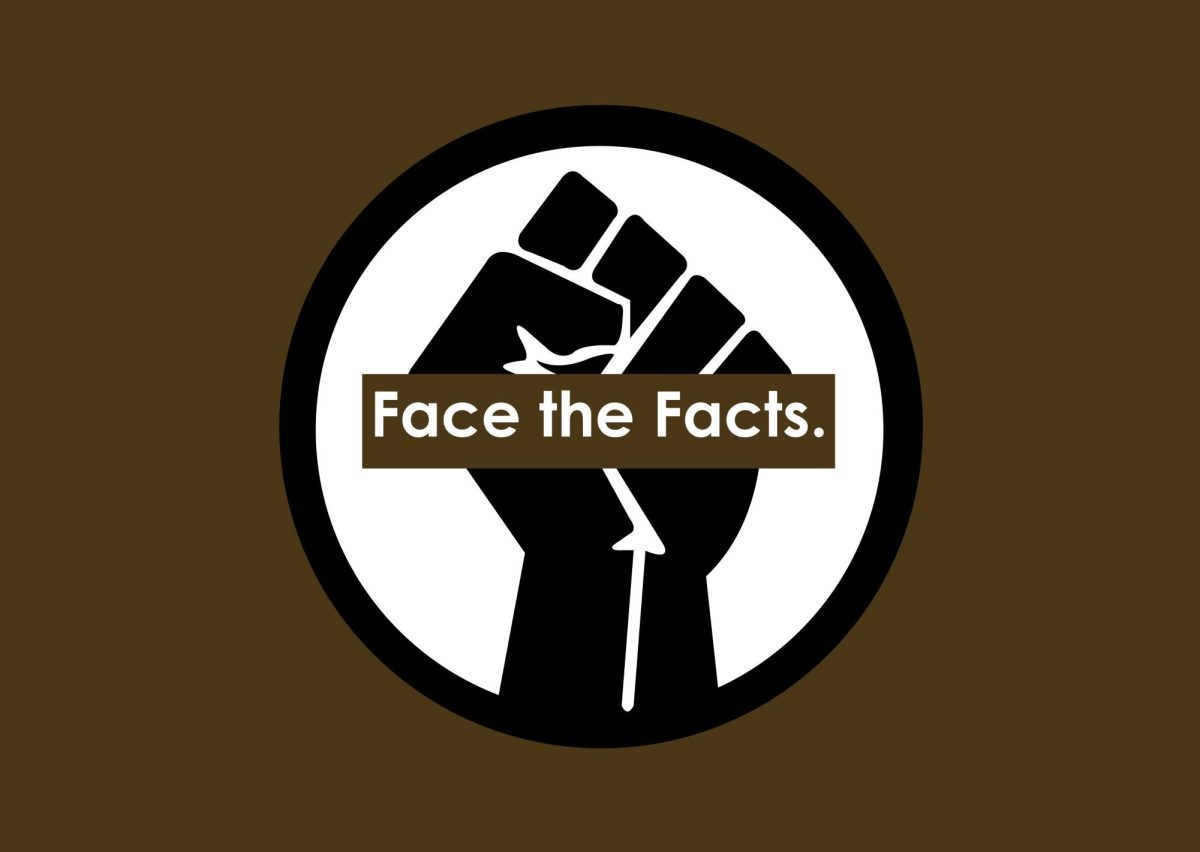





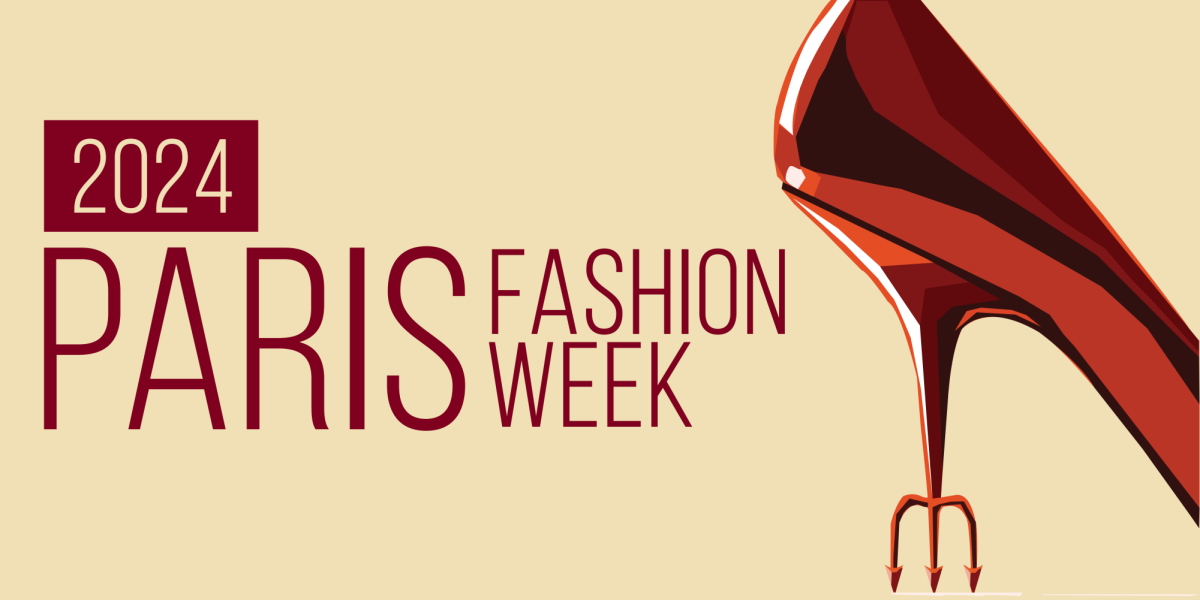
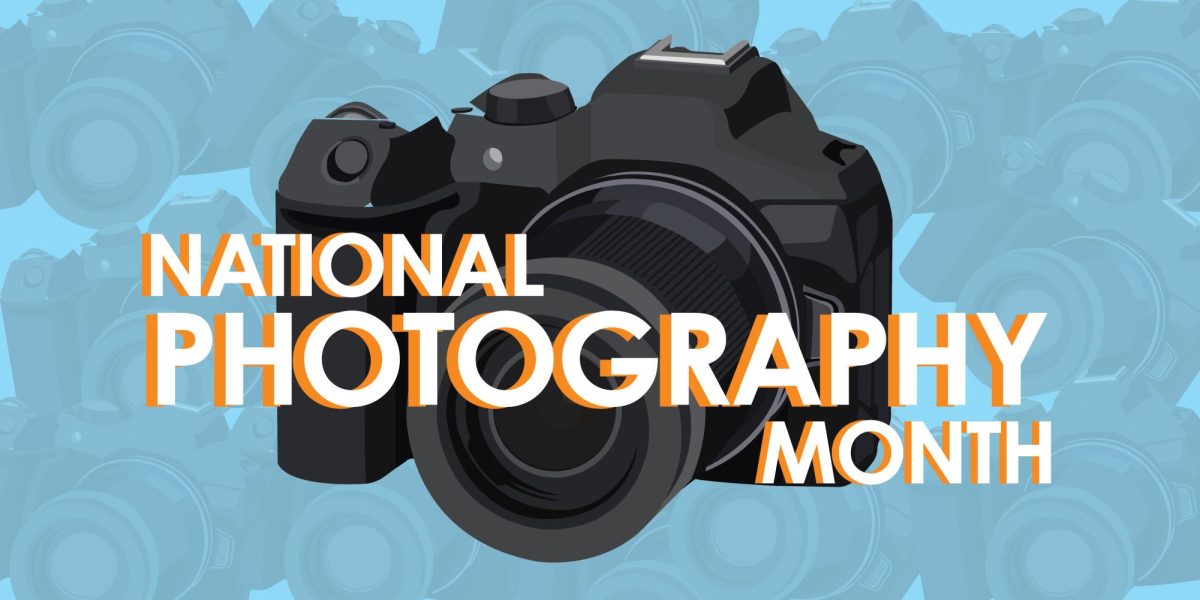



















![“Uglies” is a call for change in the YA dystopian genre [opinion]](https://hilite.org/wp-content/uploads/2024/10/Perspectives-Cover-1200x471.jpg)

![Streaming services are pioneering the future of television [opinion]](https://hilite.org/wp-content/uploads/2024/09/CAtherine-streaming-1200x471.jpg)
![Parasocial relationships unnecessary, intrude on celebrities’ lives [opinion]](https://hilite.org/wp-content/uploads/2024/09/4-Mady-Kiser-Cover-1200x471.jpg)













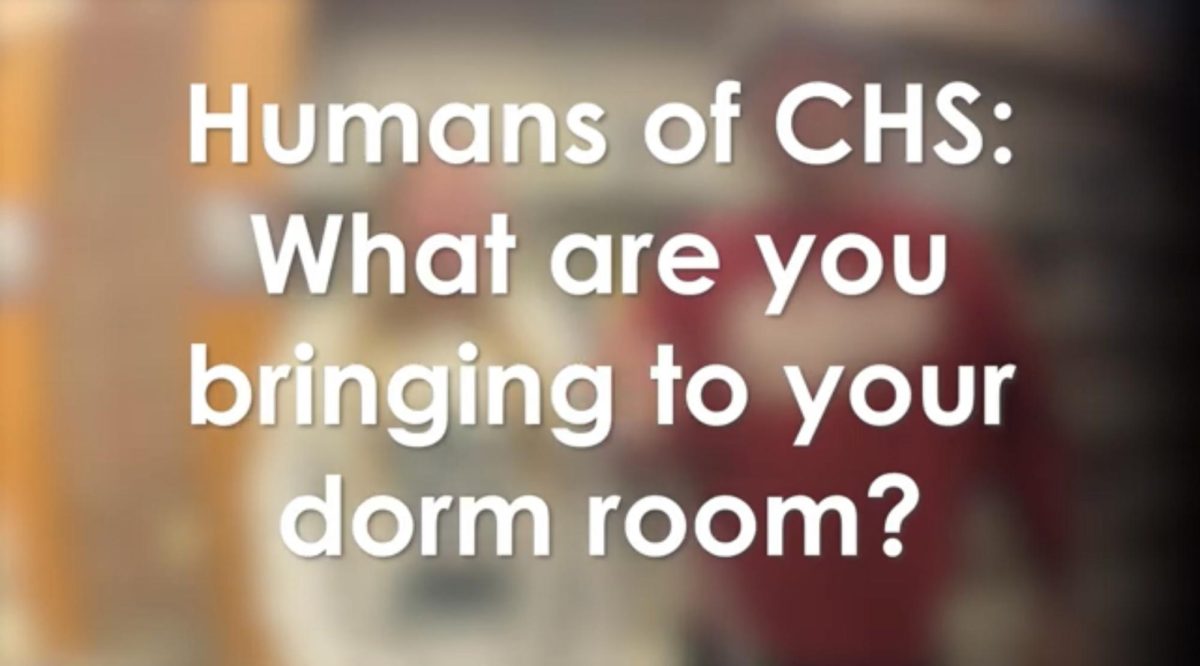









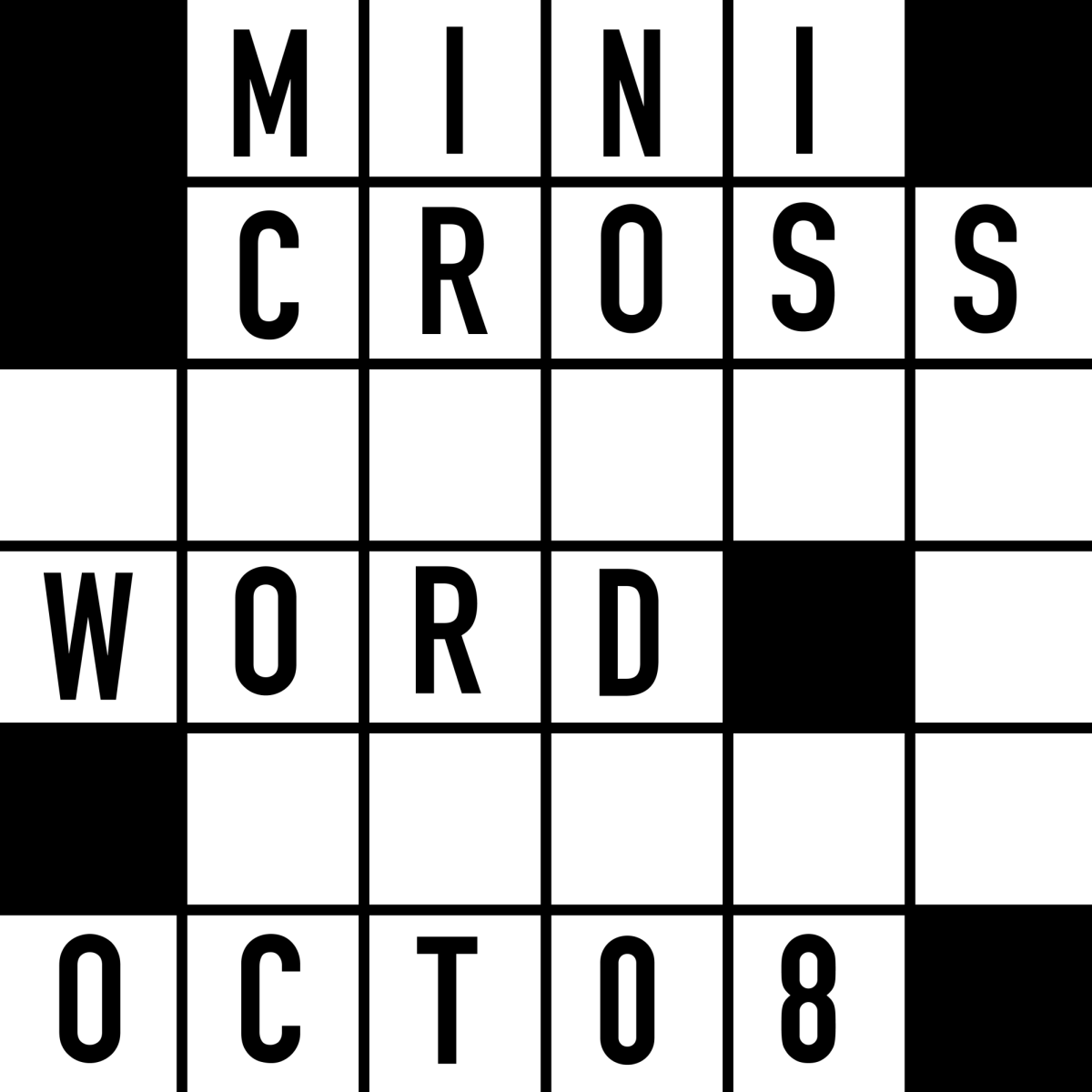








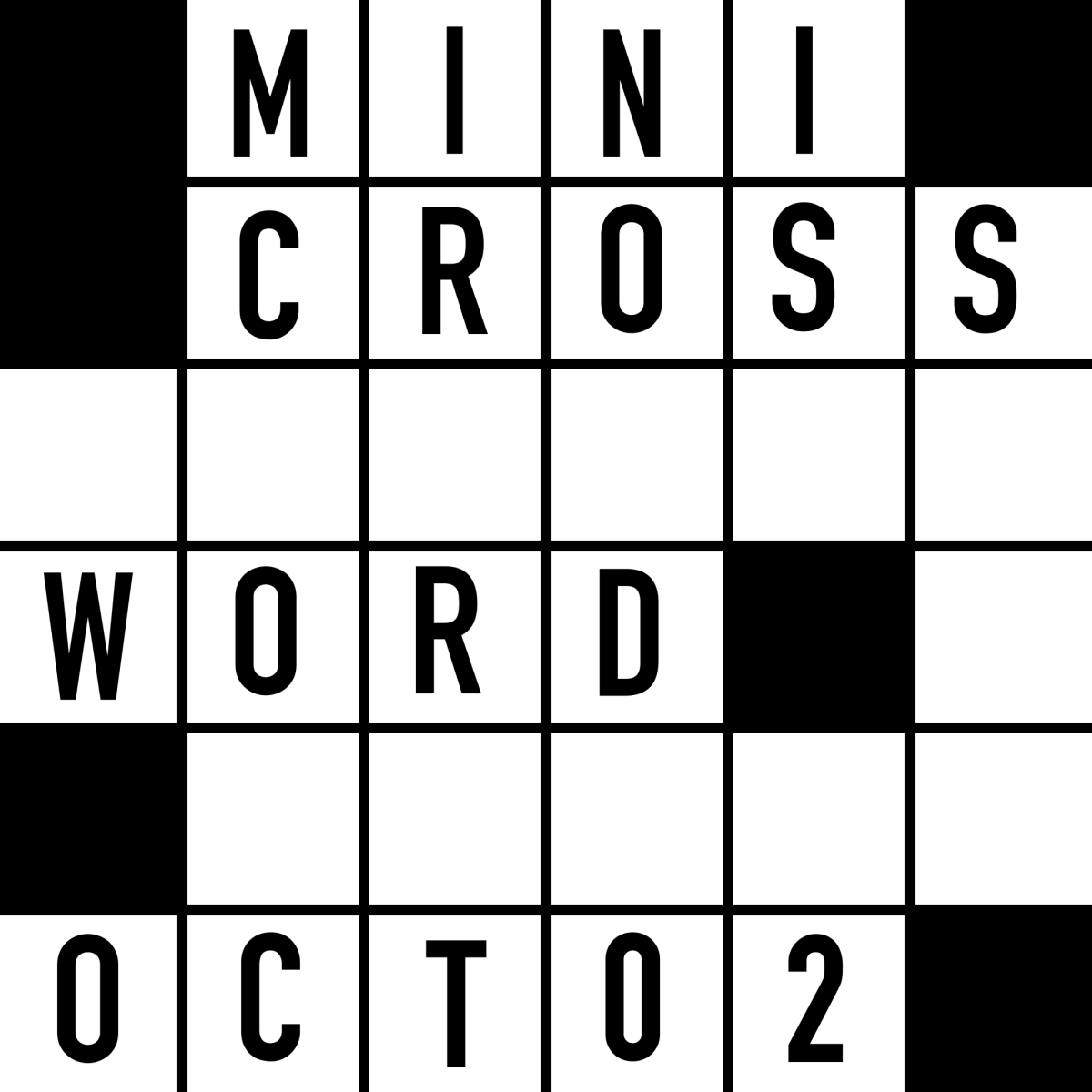
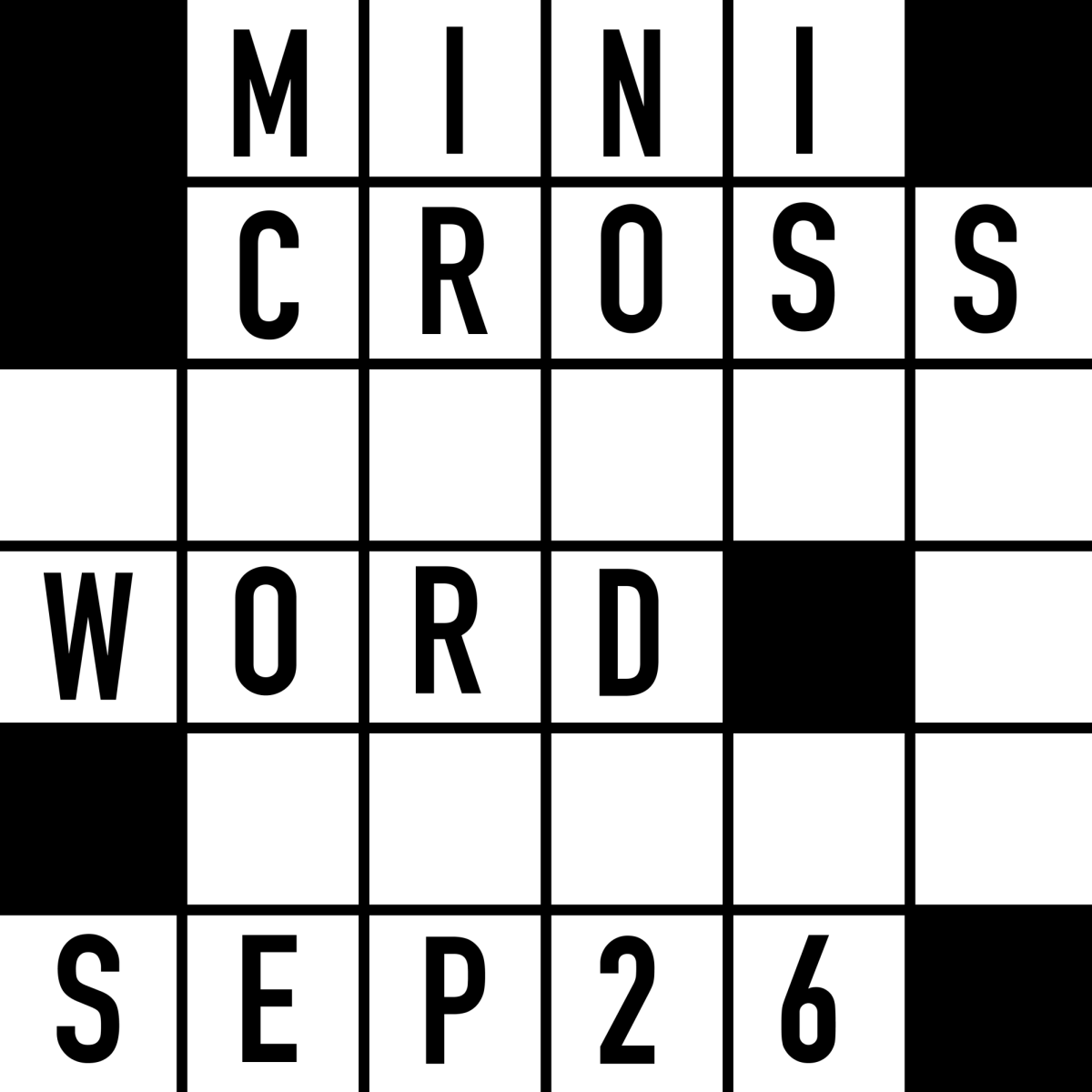
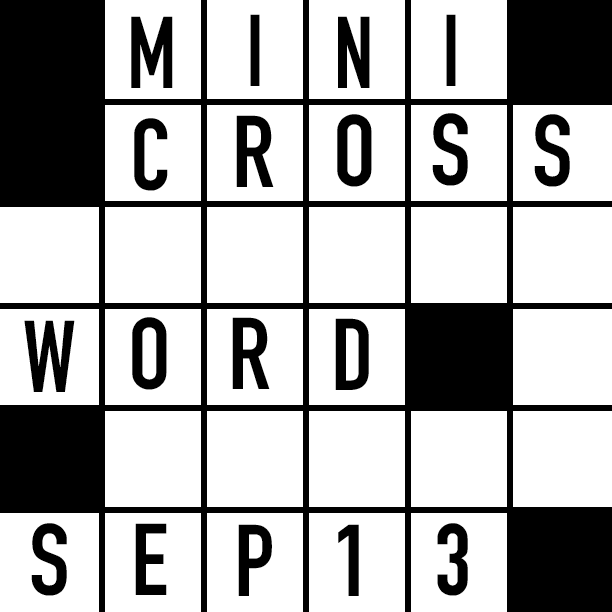


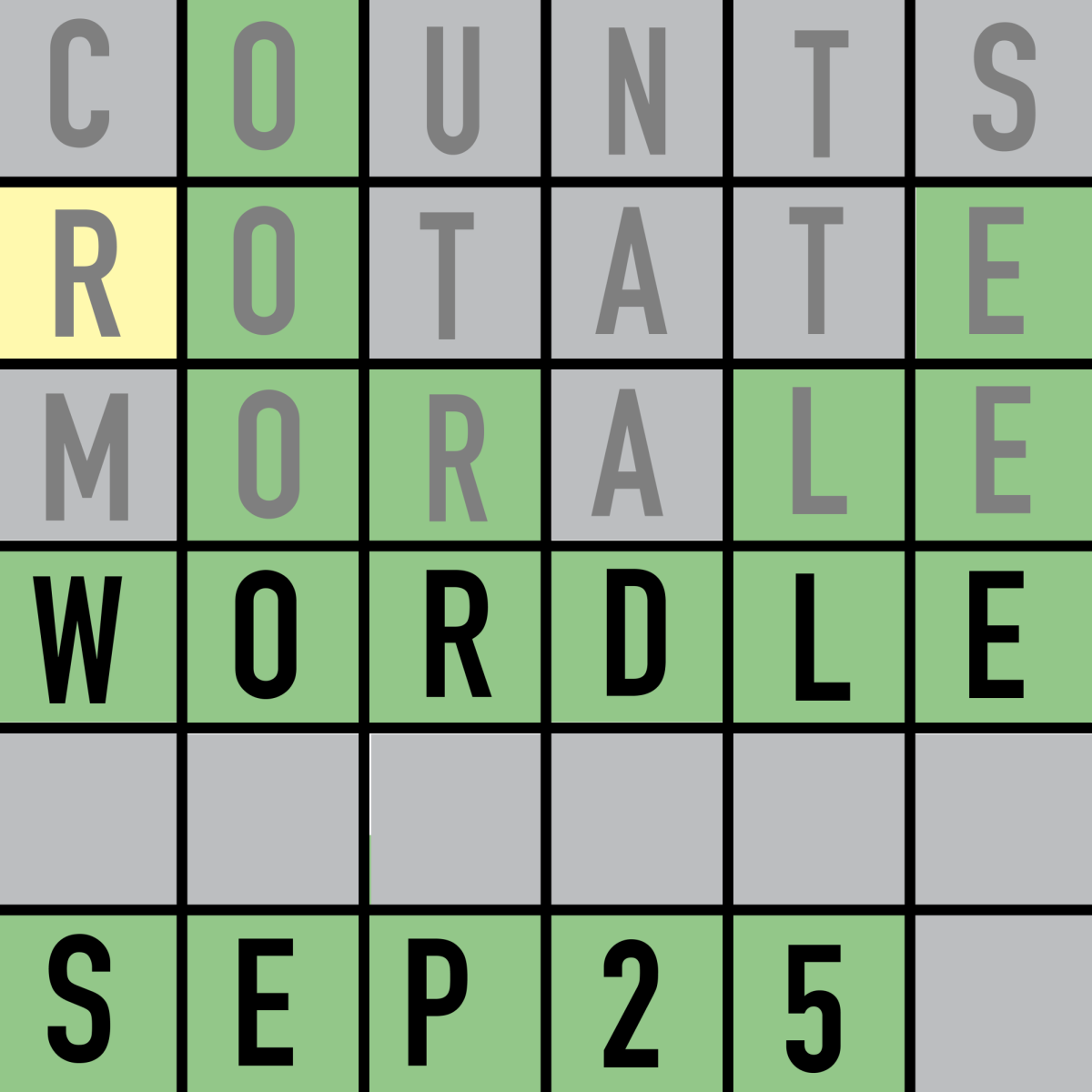
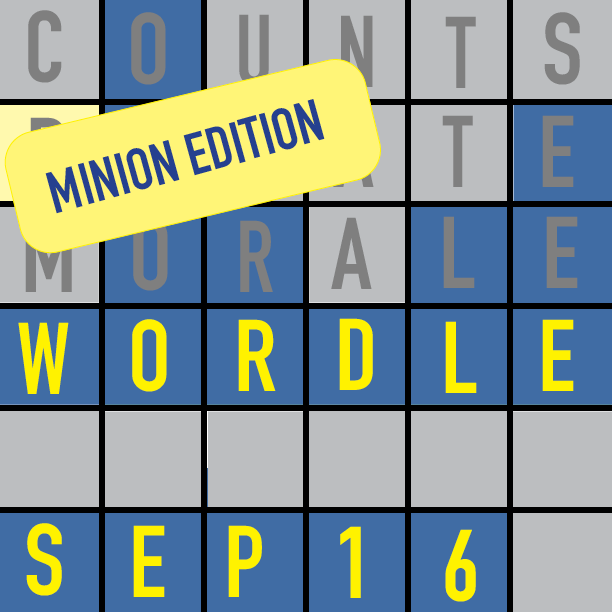
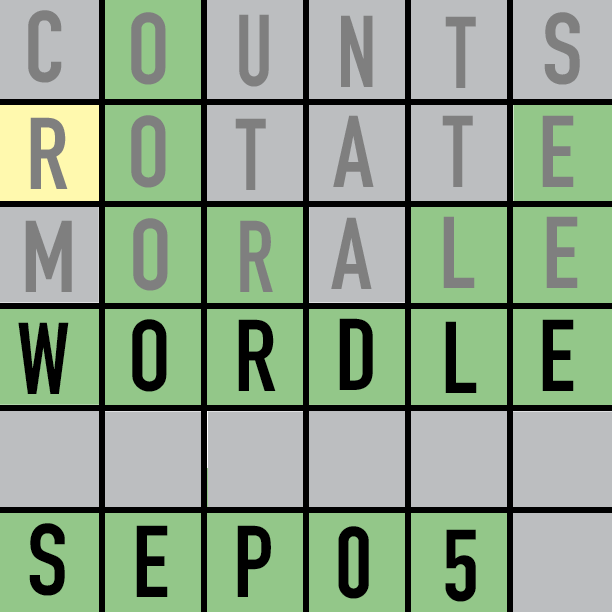




![Review: “Megalopolis” is a bold, bewildering mess [MUSE]](https://hilite.org/wp-content/uploads/2024/10/MV5BYTk3MjUzMGItYmU1NC00M2YyLThmNDMtNDI4NjkxNjgzMjQzXkEyXkFqcGdeQXRyYW5zY29kZS13b3JrZmxvdw@@._V1_-1200x675.jpg)
![Review: Judy Moody encourages viewers to make the best out of their summer [MUSE]](https://hilite.org/wp-content/uploads/2024/10/MV5BMjA4NDc0NzI5OV5BMl5BanBnXkFtZTcwMjc0MDA4NA@@._V1_-810x1200.jpg)
![Review: “Zen and the Art of Motorcycle Maintenance” is a breathtaking novel based on a true story [MUSE]](https://hilite.org/wp-content/uploads/2024/10/Screenshot-2024-10-14-at-11.45.50 AM.png)
![Review in Print: Maripaz Villar brings a delightfully unique style to the world of WEBTOON [MUSE]](https://hilite.org/wp-content/uploads/2023/12/maripazcover-1200x960.jpg)
![Review: “The Sword of Kaigen” is a masterpiece [MUSE]](https://hilite.org/wp-content/uploads/2023/11/Screenshot-2023-11-26-201051.png)
![Review: Gateron Oil Kings, great linear switches, okay price [MUSE]](https://hilite.org/wp-content/uploads/2023/11/Screenshot-2023-11-26-200553.png)
![Review: “A Haunting in Venice” is a significant improvement from other Agatha Christie adaptations [MUSE]](https://hilite.org/wp-content/uploads/2023/11/e7ee2938a6d422669771bce6d8088521.jpg)
![Review: A Thanksgiving story from elementary school, still just as interesting [MUSE]](https://hilite.org/wp-content/uploads/2023/11/Screenshot-2023-11-26-195514-987x1200.png)
![Review: "When I Fly Towards You", cute, uplifting youth drama [MUSE]](https://hilite.org/wp-content/uploads/2023/09/When-I-Fly-Towards-You-Chinese-drama.png)
![Postcards from Muse: Hawaii Travel Diary [MUSE]](https://hilite.org/wp-content/uploads/2023/09/My-project-1-1200x1200.jpg)
![Review: "Ladybug & Cat Noir: The Movie," departure from original show [MUSE]](https://hilite.org/wp-content/uploads/2023/09/Ladybug__Cat_Noir_-_The_Movie_poster.jpg)
![Review in Print: "Hidden Love" is the cute, uplifting drama everyone needs [MUSE]](https://hilite.org/wp-content/uploads/2023/09/hiddenlovecover-e1693597208225-1030x1200.png)
![Review in Print: "Heartstopper" is the heartwarming queer romance we all need [MUSE]](https://hilite.org/wp-content/uploads/2023/08/museheartstoppercover-1200x654.png)




